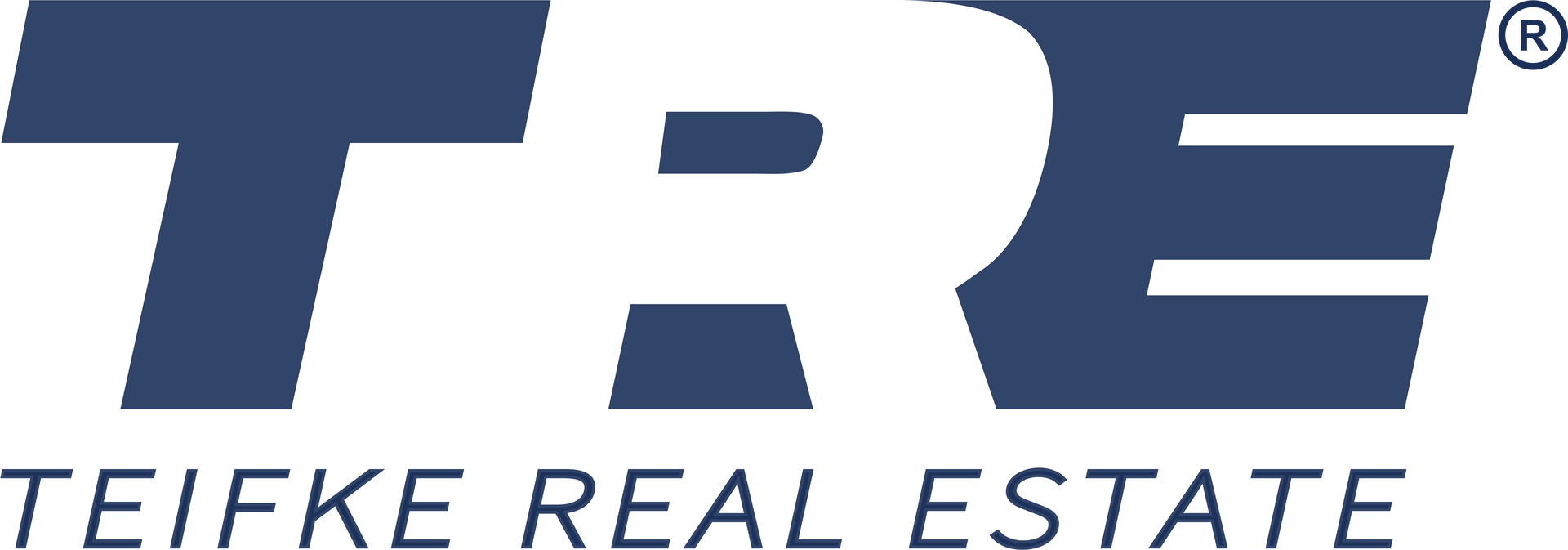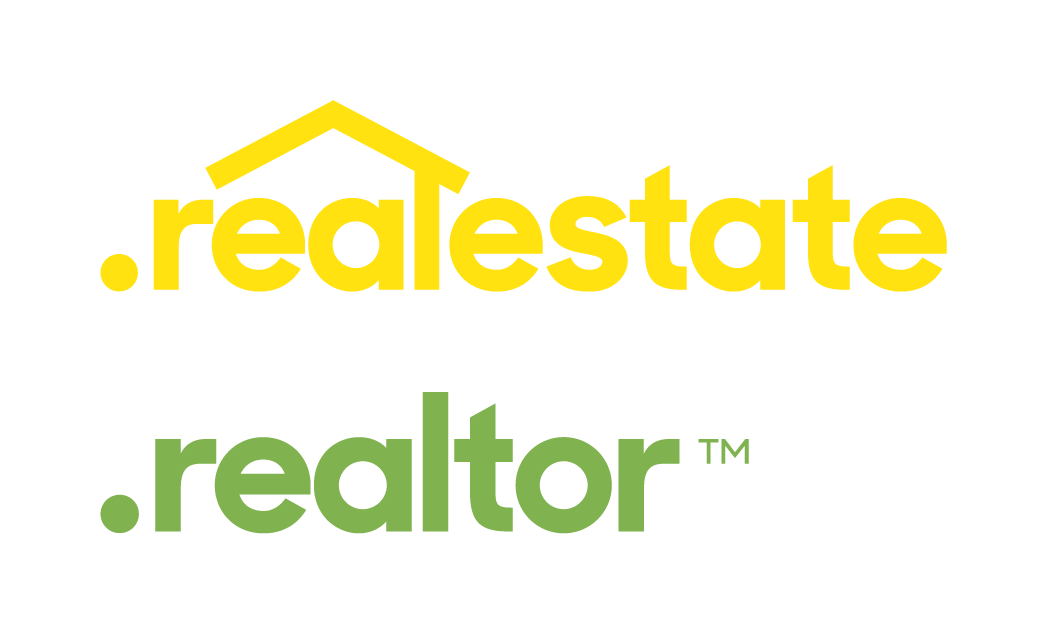First Time Home Buyer's Guide
From Pre-Approval to Keys in Hand!

Buying your first home is thrilling and, at times, intimidating. The process involves many stakeholders—from lenders and real‑estate agents to inspectors and attorneys—and each step requires careful planning. This formal guide walks first‑time buyers through the major stages of the homebuying journey, highlights practical considerations for choosing a home and negotiating a fair price, explains the paperwork involved, and addresses common concerns. Though laws and customs vary by state, the following framework provides a solid foundation for navigating your purchase confidently.
Overview of the Home-buying Process
The journey typically begins with assessing your finances, obtaining a mortgage pre‑approval, and finding an agent. After you start house hunting, your agent helps you make an offer with appropriate contingencies and negotiates on your behalf. Once the seller accepts, you finalize your mortgage, order a home inspection and appraisal, and renegotiate any issues that ariseinvestopedia.com. On closing day you pay closing costs and sign documents. After moving in, you must budget for ongoing costs like property taxes, insurance and homeowner’s association (HOA) fees.
Step 1 – Mortgage Pre‑Approval
Pre‑approval is more rigorous than pre‑qualification; lenders verify your income through pay stubs and tax returns, check your credit score and report, and may confirm employment. A pre‑approval letter typically lasts 60 to 90 days, so obtain one when you are ready to shop. Because pre‑approval involves a hard inquiry on your credit, avoid applying too early or applying with many lenders at once. You’ll need to provide identification, proof of income, W‑2s or 1099s for the last two years, bank statements, and documentation of assets. This paperwork allows the lender to determine how much you can borrow and what loan programs—conventional, FHA, VA or USDA—fit your situation.
Understanding minimum credit scores and down‑payment requirements helps set realistic expectations. For conventional loans, lenders generally prefer credit scores 620 or higher. Government‑backed FHA loans permit scores as low as 500, but borrowers with scores between 500–579 must put down at least 10%. If your credit score is 580 or above, you may qualify for a 3.5% down payment. Rocket Mortgage notes that lenders also consider your debt‑to‑income (DTI) and loan‑to‑value (LTV) ratios and may be willing to approve loans below these thresholds under certain circumstances. For FHA loans, monthly housing costs should not exceed 31% of gross income, and total debts should not exceed 43%. Larger down payments lower your monthly payment and interest cost, and gift funds from relatives can sometimes be used.
Step 2 – Find and Interview Real‑Estate Agents
While you can purchase a home without an agent, working with an experienced Realtor makes the process smoother. A good agent knows your target neighborhoods, understands current market conditions, and can negotiate effectively. Interview prospective agents to gauge their experience, communication style and knowledge of your preferred area. Ask for references and confirm who will handle day‑to‑day tasks. Commissions typically range from 5–6% of the sale price and are usually paid by the seller, but clarify terms before committing.
Step 3 – House Hunting and Making an Offer
Searching for a home involves balancing your wish list with your budget. Prioritize non‑negotiable features such as location, school district, commute time and property size. Your agent will arrange showings and provide a comparative market analysis (CMA) of similar homes to gauge a fair price. When you find “the one,” your agent helps you craft a competitive offer based on the CMA and current market conditions.
An offer should include contingencies that protect you if circumstances change. Common contingencies are inspection, appraisal and financing. An inspection contingency lets you cancel or renegotiate if significant defects are found; an appraisal contingency ensures the home’s value supports the purchase price; and a financing contingency lets you back out if your loan falls through. In hot markets, you may need to waive or modify contingencies to compete, but always discuss risks with your agent. Remember that sellers may receive multiple offers, so trust your agent’s guidance to balance attractiveness with financial prudence.
Step 4 – Finalize Your Mortgage and Underwriting
Once your offer is accepted, you can either continue with your pre‑approval lender or shop around for better rates. Pre‑approval is not binding. You’ll submit complete documentation—W‑2s, tax returns, bank statements, and proof of assets—so the underwriter can verify your creditworthiness. Stay responsive; delays in providing documents can push back your closing date. Keep your finances stable during underwriting by avoiding large purchases or new lines of credit.
Step 5 – Homeowners Insurance, Inspection and Appraisal
Most lenders require homeowners insurance, which protects you against damage from fire, storms or other hazards and provides liability coverage. Compare quotes from several insurers to find the best policy for your needs.
Although not legally required, home inspections cost roughly $300–$500 and provide a detailed assessment of the property’s structural integrity, electrical and plumbing systems, roof and HVAC. If the inspection reveals significant problems, you and your agent can request repairs, credits or a lower price before closing.
An appraisal ensures the home’s value aligns with the purchase price. The lender hires an independent appraiser, but you pay the fee. If the appraisal comes in lower than your offer, you may need to renegotiate or pay the difference in cash. These steps safeguard both you and the lender.
Step 6 – Negotiate Post‑Inspection
After receiving the inspection and appraisal reports, you may reopen negotiations with the seller. In a buyer’s market you have more leverage; in a seller’s market your negotiating power is limited. Focus on big‑ticket issues that affect safety or structural integrity. Obtain professional repair estimates to justify requests for credits or repairs, and be willing to compromise on minor cosmetic issues. Keep communication respectful and clear, aiming for a win‑win outcome.
Step 7 – Closing the Deal
Several days before closing, your lender will send a closing disclosure or final statement listing the loan terms and an itemized list of fees. Typical closing costs include appraisal, title insurance, inspection, attorney fees, recording fees, property taxes and loan origination charges. Review this document carefully and ask your lender or attorney about any unfamiliar fees. On closing day you’ll sign the mortgage agreement and transfer documents and either pay closing costs up front or roll them into your mortgage. Once the documents are signed and funds are disbursed, the home officially becomes yours.
Step 8 – Moving In and Life After Closing
Plan your move well in advance. Request quotes from moving companies or rent a truck if you prefer a DIY move. Pack gradually and label boxes. Transfer utilities (electricity, water, gas, trash) into your name and schedule internet or cable installation before closing. After moving in, establish a maintenance routine: change HVAC filters, clean gutters, test smoke alarms, check caulking and address minor repairs.
Homeownership brings ongoing expenses beyond your mortgage payment. Insurance premiums and property taxes often fluctuate. Property taxes typically range from 1–2 % of your home’s value and may rise when local authorities reassess property values. If your neighborhood has an HOA, fees can range from $30 to $500 per monthdepending on amenities. Budget for these expenses and set aside an emergency fund for unexpected repairs.
Tips for Finding the Right Property
- Clarify your budget and must‑haves: Determine what you can comfortably afford, including down payment, closing costs and monthly expenses. Decide which features—such as proximity to work, school quality or yard size—are non‑negotiable.
- Research neighborhoods: Visit at different times of day, check crime rates and talk to neighbors. Investigate zoning regulations and future development plans; a quiet area today could change with new commercial projects.
- Monitor the market: Analyze how long homes stay on the market and whether sellers are offering concessions. In competitive areas, be ready to act quickly; in slower markets you may have more time to negotiate.
- Get a comparative market analysis: Your agent should provide comparable sales data to help gauge fair pricing and avoid overpaying.
Negotiation Strategies
- Know the seller’s motivation: If the seller needs a quick sale due to relocation or financial reasons, they may accept a lower price or additional contingencies.
- Make your offer competitive: Include a strong earnest‑money deposit to show good faith. Keep contingencies reasonable and clear.
- Be prepared to walk away: Set a firm budget and don’t exceed it. If negotiations stall, there will be other opportunities.
- Remain courteous: Real‑estate transactions can become emotional; maintaining professionalism increases your chances of a favorable outcome.
Navigating Paperwork
The volume of paperwork involved in a home purchase can be daunting. Your agent and lender will help guide you, but it’s important to understand what you are signing.
- Loan Estimate and Closing Disclosure: These documents outline interest rates, loan terms and estimated closing costs. Compare your initial Loan Estimate with the final Closing Disclosure to ensure the numbers align.
- Purchase agreement: This contract details the price, contingencies, seller obligations and closing date. Read it carefully and consult an attorney if you have questions.
- Title and escrow documents: Title insurance protects you against undisclosed liens or claims on the property, and escrow instructions dictate how funds and documents will be handled before closing.
- Homeowners Association documents: If the property is in an HOA, review the covenants, conditions and restrictions (CC&Rs) to understand rules, fees and enforcement mechanisms.
Frequently Asked Questions (FAQ)
How long is a pre‑approval valid? Pre‑approval letters usually remain valid for 60–90 days. If your search extends beyond that, you may need to update your information with your lender.
What credit score do I need to buy a house? Lenders typically require a 620+ credit score for conventional loans. FHA loans accept scores as low as 500, but scores 580+ qualify for a 3.5 % down payment and scores 500–579 require 10 % down. VA and USDA loans have no mandated minimum, but lenders prefer scores of at least 580–640.
How much do I need for a down payment? Down payments vary: conventional loans often require 3–20 %, FHA loans allow 3.5 % for qualified buyers, and some state or local programs offer grants or low‑down‑payment options. A larger down payment reduces your monthly payment and interest cost and may eliminate mortgage insurance.
What is debt‑to‑income (DTI)? DTI compares your monthly debt payments to your gross monthly income. FHA guidelines limit housing costs to 31 % of monthly income and total debts to 43 %. Conventional lenders may allow higher DTI ratios if you have strong credit or significant savings.
What are closing costs and how much should I budget? Closing costs include appraisal, title search, attorney fees, recording fees, property taxes and lender origination charges. They typically amount to 2–5 % of the purchase price. Review your Closing Disclosure thoroughly and set aside extra funds for unexpected charges.
Should I waive contingencies in a competitive market? Waiving contingencies can make your offer more attractive but increases risk. Consult your agent; you might shorten contingency periods or cap repair credits instead of eliminating them entirely.
Can I use gift money for a down payment? Yes, FHA loans permit gift funds to cover part or all of the down payment. Your lender will require a letter verifying the gift and confirming that it does not need to be repaid.
Need Personal Guidance?
Purchasing your first home is a significant milestone. If you feel overwhelmed by financing options, market conditions or the paperwork involved, professional guidance can ease your stress. I offer personalized assistance for first‑time buyers—from refining budgets and securing pre‑approvals to negotiating and reviewing contracts. Feel free to reach out for a consultation or to ask questions specific to your situation. Together we’ll make your homeownership dream a reality.





